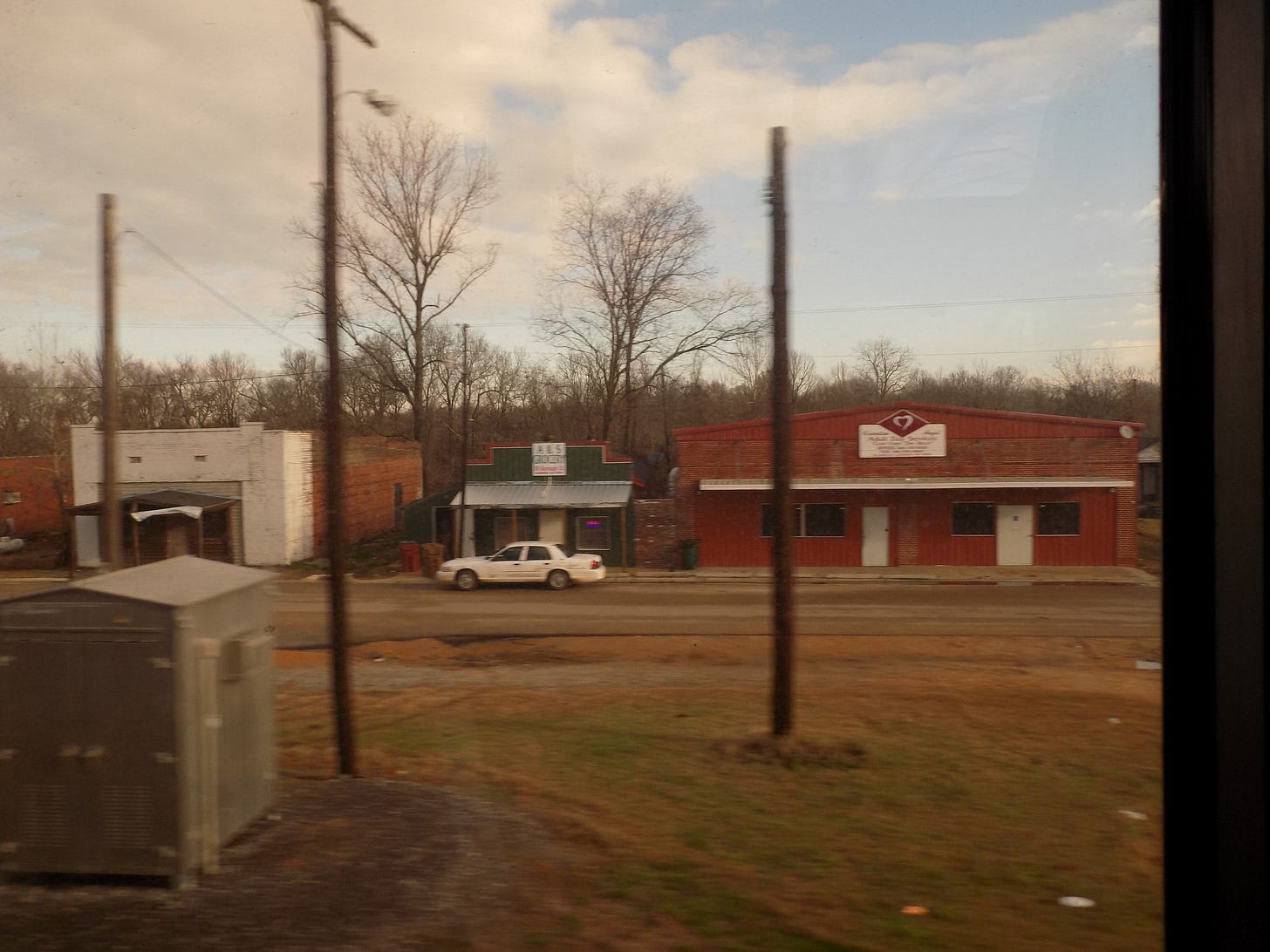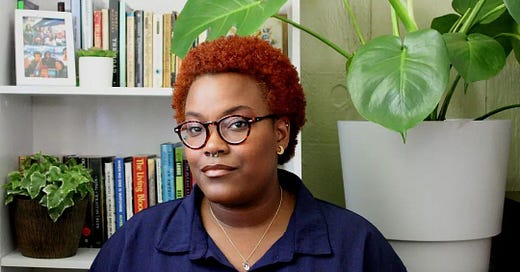Mississippi Native: Maya Miller
"I get tired, but the whole world is Mississippi. Where else could I possibly go for rest?"
What does it mean to call Mississippi home? Why do people choose to leave or live in this weird, wonderful, and sometimes infuriating place? Today we hear from journalist, photographer, and Rooted community editor Maya Miller.
First things first—what made you want to join the Rooted editorial team?
As I travel as a journalist across the Deep South, I've found that there truly is no place like Mississippi. Being part of Rooted gives me the opportunity to tap into communities that I live in and walk alongside, to ask Mississippians why we care about this state as much as it fights our efforts to love it, and to share stories of place from those who will always have a home here.
Where are you from?
I am from southwest Rankin county, Mississippi—from a town where you can get barbecue from the same place you can get your haircut and a full tank of gas. It’s a quiet place with a four mile long road named after my great-great grandfather and great-great uncle. That doesn’t sound that long of a distance, but in every home I pass on my evening walks resides a relative whom I’ve chipped off traits like a jigsaw puzzle and patched into who I am. A place of Black farmers and tradesmen, schoolteachers and slim-ankled women who dipped snuff and pressed their hair in the early Sunday morning hours.
How long have you lived in Mississippi?
Since August 13, 1993

What does “home” mean to you? How does Mississippi fit into that definition?
Home is where I can pitch my mop water out into the yard and watch as the bubbles soak up into that St. Augustine grass. Home is where my mother would call Aunt Cleo, or maybe Aunt Lois, to keep me for the night while she would take classes at the local community college. Home is where the purple and red lights in a hole-in-the-wall glint off a gold tooth. Home is where white stockings and a slip hang off of the shower rod. Home is where you take in the stars at night with the family of deer that return every winter.
Keep reading with a 7-day free trial
Subscribe to Rooted Magazine to keep reading this post and get 7 days of free access to the full post archives.




